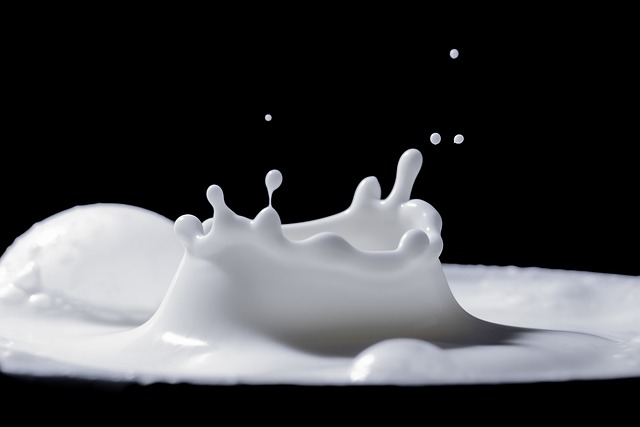Is milk good or bad for gastritis? It’s a question that a lot of people with the disease have been asking. Gastritis is inflation of the stomach lining. It’s a disease that has been getting common over the past few years, spurred on mostly by our lifestyles and by the food that we eat.
One thing to understand is that gastritis can be a challenging disease to live with. It is usually diagnosed following an endoscopy. It’s something that we have previously discussed. Read our article titled how long does an endoscopy take for more information.
Anyway, gastritis is a difficult disease, mainly because it forces people to make lifestyle changes that can be difficult to adapt to. You need to change your diet and how you live in general as a way of managing the disease. When it comes to what you eat, it’s very important to do it right if you have gastritis. Otherwise you will have no way of managing the potentially debilitating symptoms.
Can I Drink Milk with Gastritis?
People with gastritis should avoid drinking milk, since it has the potential to trigger the production of excessive amounts of stomach acids that irritate the stomach, causing pain. A gastritis diagnosis means you need to stay away with foods that are hard for your stomach to digest. Milk, with its high fat content, falls into this category.
What is the pH of milk?
Whenever we talk about gastritis, it’s normal to discuss the pH level of the foods that people with the disease eat. High pH foods are acidic and can irritate the stomach. They should be avoided at all costs.
The pH scale runs from 0 to 14, with 7 being neutral. Foods that are below 4.6 are generally considered to be too acidic for people with gastritis to eat.
Meanwhile, everything above that level up to 7 is only mildly acidic and can be consumed in moderation. Foods above 7 are alkaline and they are very good for people with the disease.
So, where does milk fall on this scale? Milk’s pH ranges from 6.4 to 6.8. That makes it only slightly acidic. Intuitively, you would think that milk is an ideal beverage for people with gastritis.
In fact, drinking it when you are experiencing pain can bring some relief. However, the fact that milk causes the production of too much stomach acid makes it a bad tonic in this regard.
Nutrients in milk
In this post we covered the topic is milk good or bad for gastritis. It was noted that though it is only slightly acidic, milk should be avoided because it can cause the production of excessive amounts of stomach acid, which can cause gastritis pain.
Milk is a super food. It’s one of those foods that are essential for people’s health. It’s unfortunate, therefore that it can cause issues if you have gastritis. In this section we will look at the nutrients that can be found in milk;
- Phosphorus
- Magnesium
- Calcium
- Vitamin A
- Riboflavin
- Vitamin B12
- Potassium
- Zinc
- Choline
- Selenium
- iodine
Summary
In this post, we answered the question is milk good or bad for gastritis. We noted that milk has a low acidic to neutral score on the pH scale. That would make it seem as if milk is a safe food for people with gastritis to drink.
However, that is not the case. In most instances, the consumption of milk triggers the production of too much acid in the stomach. That tends to negate all the benefits of drinking milk. As such, it’s advisable for people with gastritis to stay away from the substance.
